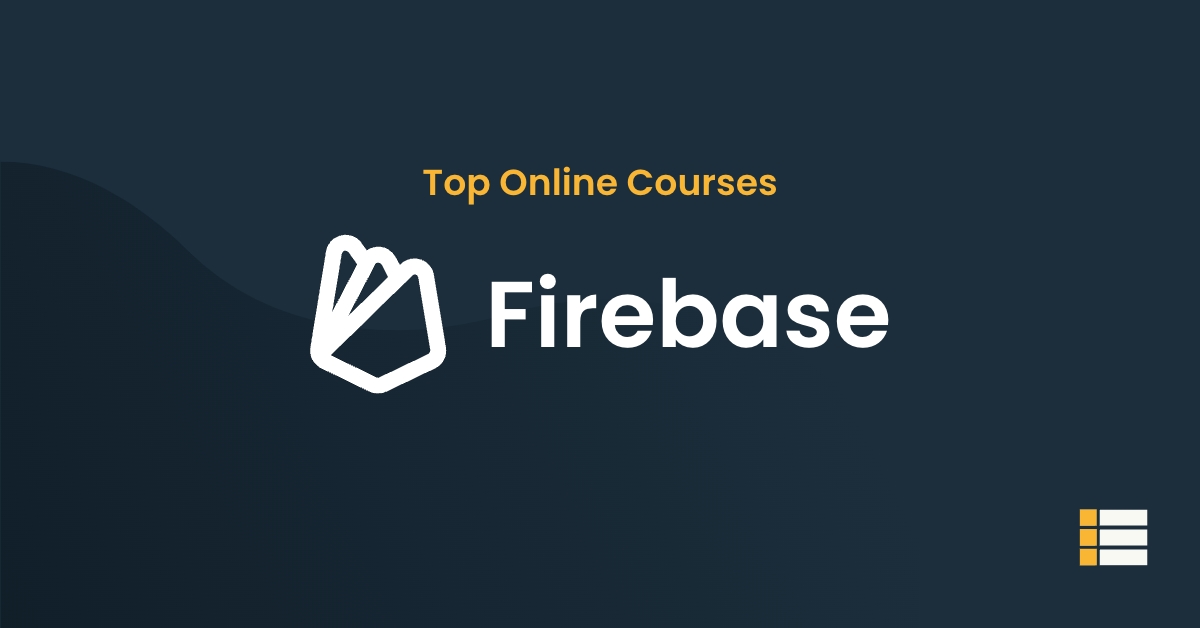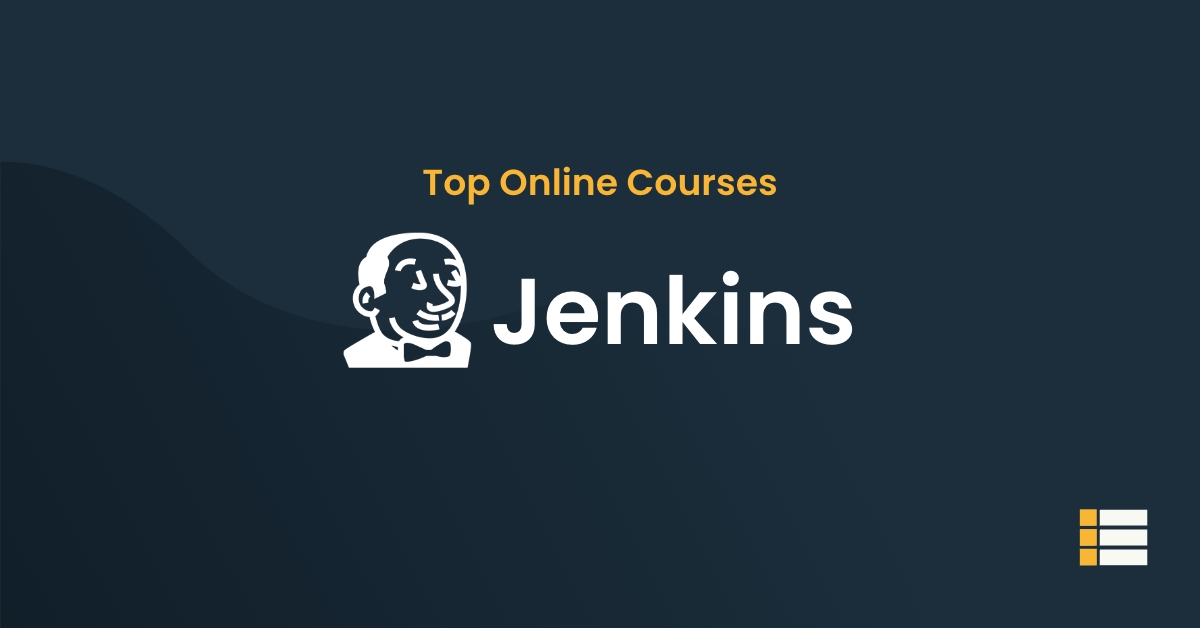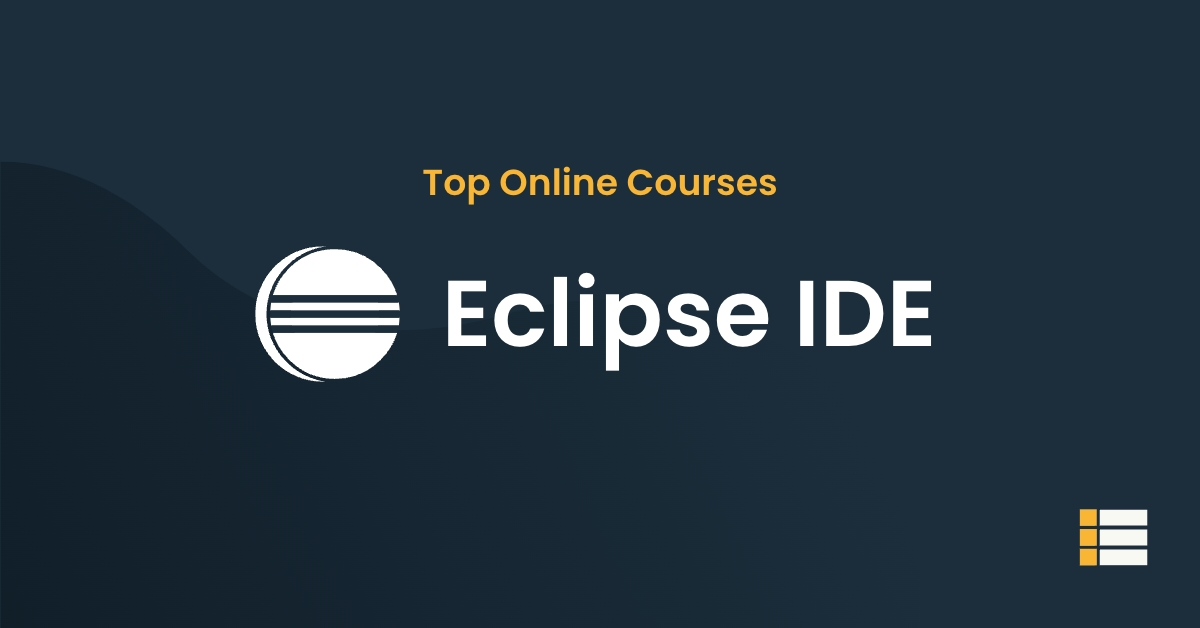If you’re a developer, chances are you’ve heard of Docker. Docker is a tool that can make it easy to create, deploy, and manage your applications.
But what is Docker, and why should you learn it?
Table of Contents
Learning Docker Online: A Student’s Guide
What is Docker?
Docker is a platform for running applications in an isolated environment called a “container.”
A container is a self-contained, isolated environment that includes everything an application needs to run: code, runtime, system tools, system libraries, etc.
Docker containers are different from virtual machines because they don’t include a full operating system; they only include the components necessary to run a single application.
This makes them much more lightweight and efficient than virtual machines.
Docker containers are portable, meaning they can be run on any system that has a Docker engine installed.
This makes them ideal for running in the cloud, on servers, or on your local development machine.
Docker containers are easy to create and manage thanks to the Docker platform, which provides a set of tools for creating, running, and managing containers.
The Docker platform is free and open source, and it can be used with any infrastructure, whether on-premises or in the cloud.
Is learning Docker worth it?
There are a lot of opinions out there about whether or not learning Docker is worth it.
Some people think that it is absolutely essential for anyone who wants to work in DevOps or scale their applications. Others believe that it is a waste of time and that there are better things to spend your time learning.
So, what is the truth? Is learning Docker worth it?
The answer, as with most things, is that it depends.
If you are interested in working in DevOps or scaling your applications, then learning Docker is probably a good idea.
However, if you are not interested in those things, then you might want to spend your time learning something else.
That being said, there are a lot of benefits to learning Docker. For one, it can help you standardize your development environment and make it easier to work with different technologies.
Additionally, it can help you automate many tasks related to deployment and management.
Finally, it can make it easier to collaborate with others, since you can share your Docker images with them.
Docker resources
There are a multitude of ways to learn about and use Docker. Here are some useful resources to get you started.
The best way to learn about Docker is to dive in and use it. The best way to use Docker is to find a project that interests you and get involved.
There are a number of ways to find such projects: The easiest way is to look on GitHub and explore some of the popular repositories. (See Github courses here too)
Another way is to go to the Docker Hub and explore some of the popular images. If you want to get more involved with the development of Docker, you can join the IRC channel (#docker on freenode) and participate in the discussion.
If you want to learn more about the technical aspects of Docker, you can read the documentation.
Once you have a good understanding of how Docker works, you can start creating your own images and sharing them with the world.
Other resources:
- Kodekloud Docker training
- Diveintodocker course
- Introduction to Containers w/ Docker, Kubernetes & OpenShift by IMB on coursera
- Programming with Mosh youtube tutorial
Frequently Asked Questions
How long it will take to learn Docker?
For someone with little to no experience with containers or virtualization, it may take a few days or weeks to become comfortable with using Docker. However, for someone with experience using similar tools, the learning curve may be much shorter.
Is Docker easy to learn?
Docker is easy to learn if you have experience with virtualization or containerization technologies. The basic concepts are similar, and you can use many of the same tools. If you're new to virtualization or containerization, Docker can be a bit more challenging to learn. There are a lot of moving parts, and it can be difficult to understand how they all work together. However, there are many resources available to help you learn Docker, and once you get the hang of it, it's not difficult to use.
What does Docker do?
Docker containers help you package an application with all of its dependencies and ship it as one package. This ensures that your application will always run the same, regardless of the environment it is running in.
What is Docker vs Kubernetes?
Docker is a platform for developers and sysadmins to develop, deploy, and run applications with containers. Containers allow a developer to package up an application with all of the parts it needs, such as libraries and other dependencies, and ship it all out as one package. Kubernetes is an open-source system for automating the deployment, scaling, and management of containerized applications.
How Docker is used in DevOps?
Docker is a tool that enables developers to easily pack, ship, and run applications as portable, self-sufficient containers that can run on any Linux server. This makes it ideal for use in a DevOps environment, where developers can quickly and easily spin up new containers with all the necessary dependencies to run their applications. By using containers, developers can also isolate their applications from each other, making it easy to deploy and manage multiple applications on a single server.
Should I learn Docker or Kubernetes first?
If you're just getting started with containers, you may want to start with Docker. Once you're more familiar with containers and how they work, you can start learning Kubernetes to get more out of your containerized applications.
Conclusion
Docker is an important tool for any software developer looking to automate their workflows.
It has a wide range of features that can be used to streamline the development and deployment process.
While it takes some time to learn how to use Docker, it is well worth the investment for any developer looking to improve their productivity.

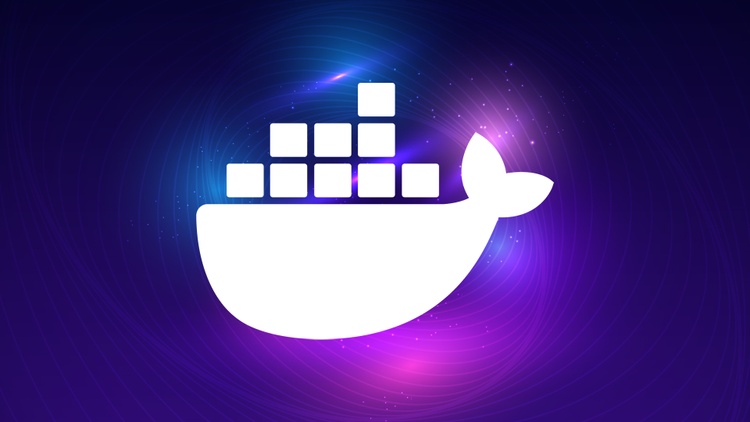
 Online course by
Mosh Hamedani
Online course by
Mosh Hamedani

 Online course by
Stephen Grider
Online course by
Stephen Grider
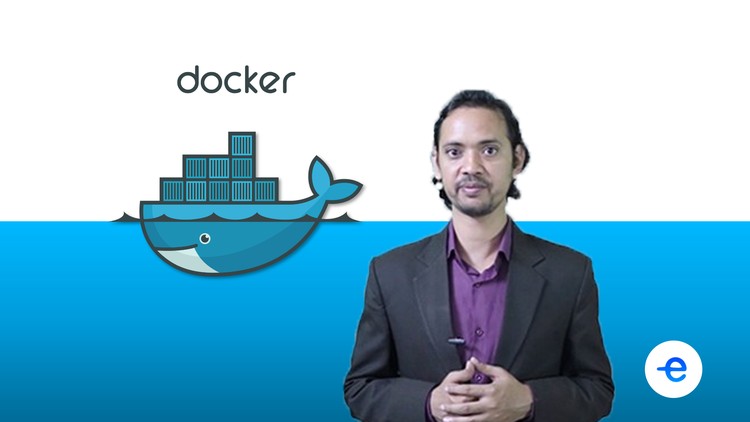
 Online course by
EdYoda Digital University
Online course by
EdYoda Digital University
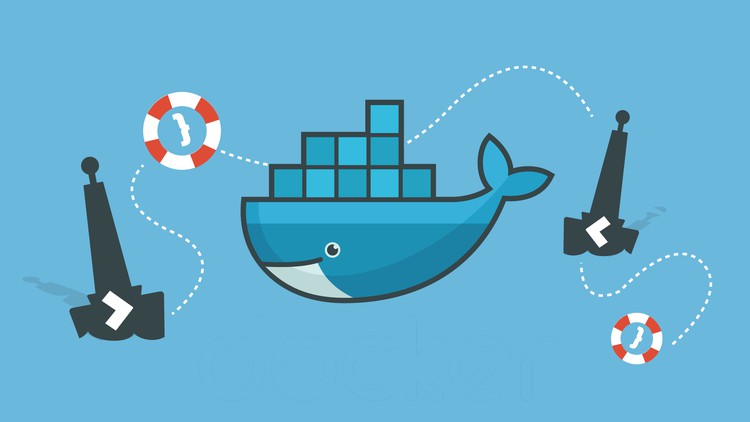
 Online course by
Academind by Maximilian Schwarzmüller
Online course by
Academind by Maximilian Schwarzmüller
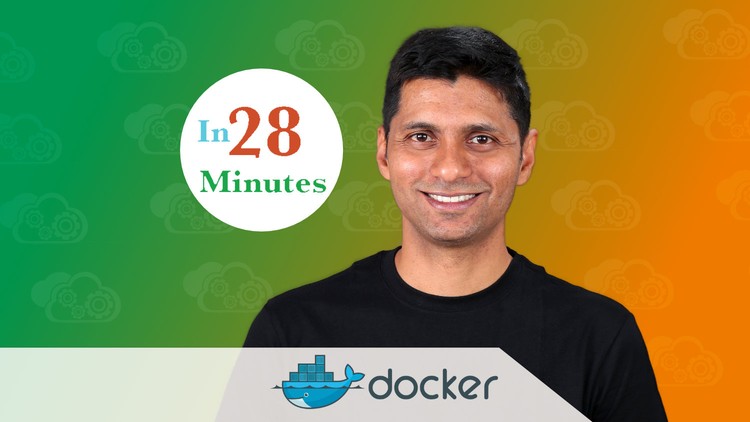
 Online course by
in28Minutes Official
Online course by
in28Minutes Official

 Online course by
Himanshu Sharma
Online course by
Himanshu Sharma
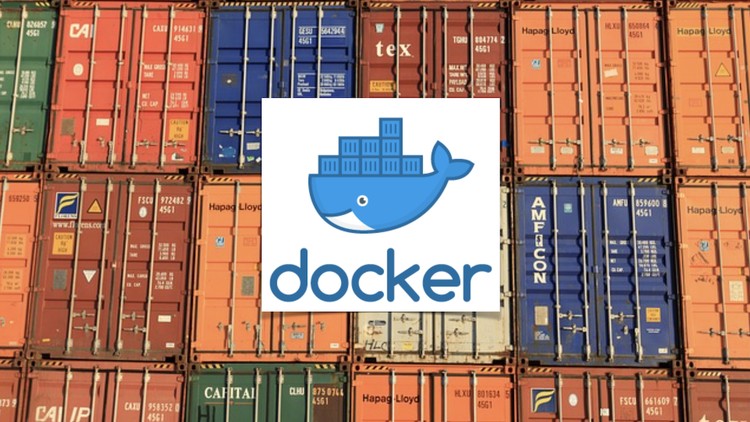
 Online course by
Ganesh Velrajan
Online course by
Ganesh Velrajan
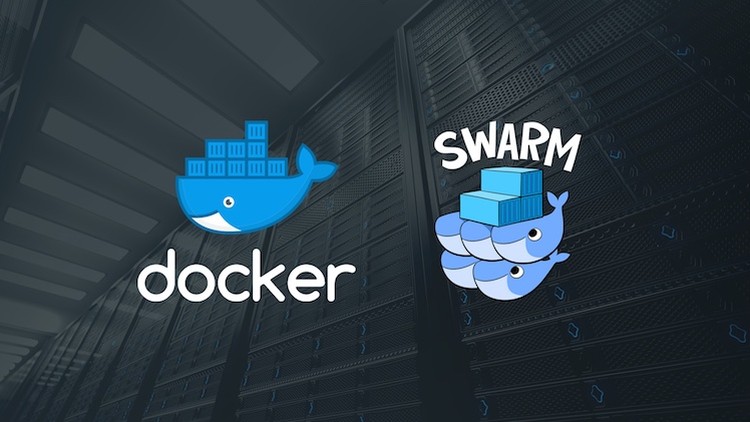
 Online course by
Bret Fisher
Online course by
Bret Fisher
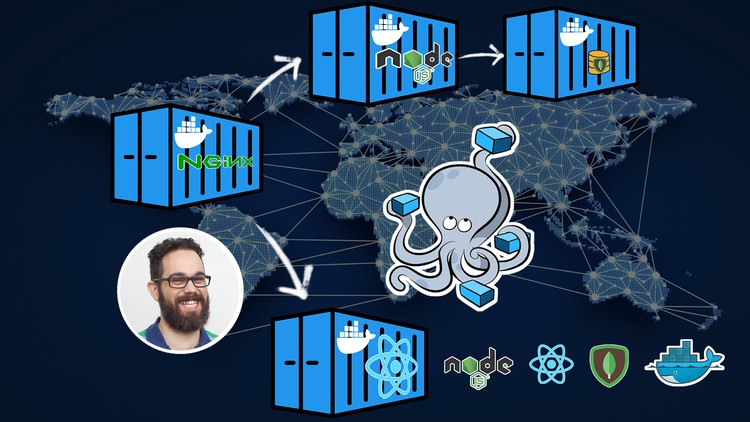
 Online course by
Icaro Lavrador
Online course by
Icaro Lavrador
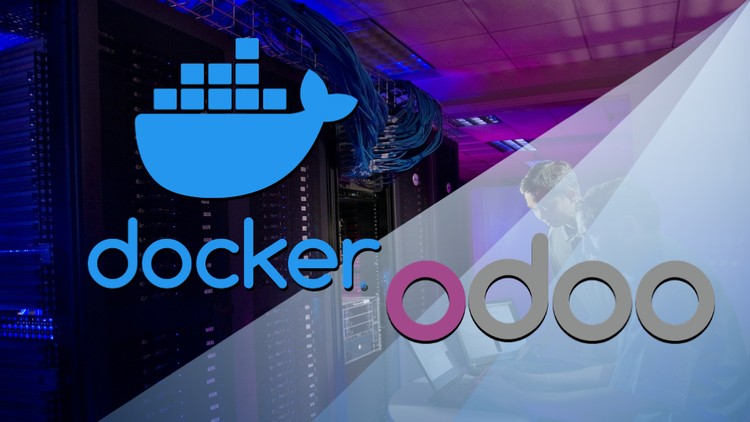
 Online course by
Akhmad Daniel Sembiring
Online course by
Akhmad Daniel Sembiring

 Online course by
Red Hat, Inc.
Online course by
Red Hat, Inc.
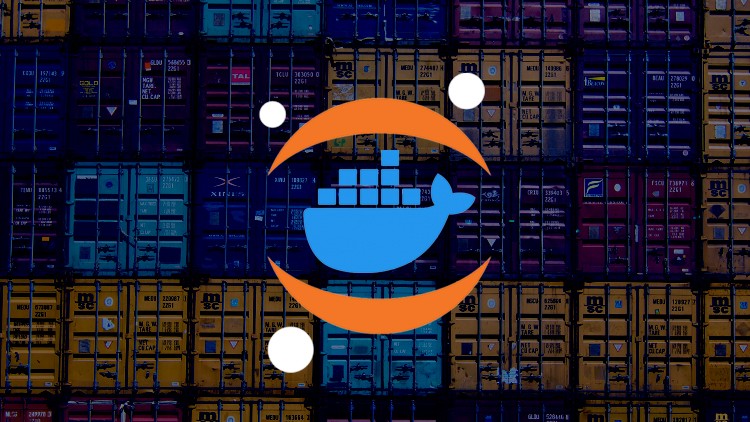
 Online course by
Justin Mitchel
Online course by
Justin Mitchel

